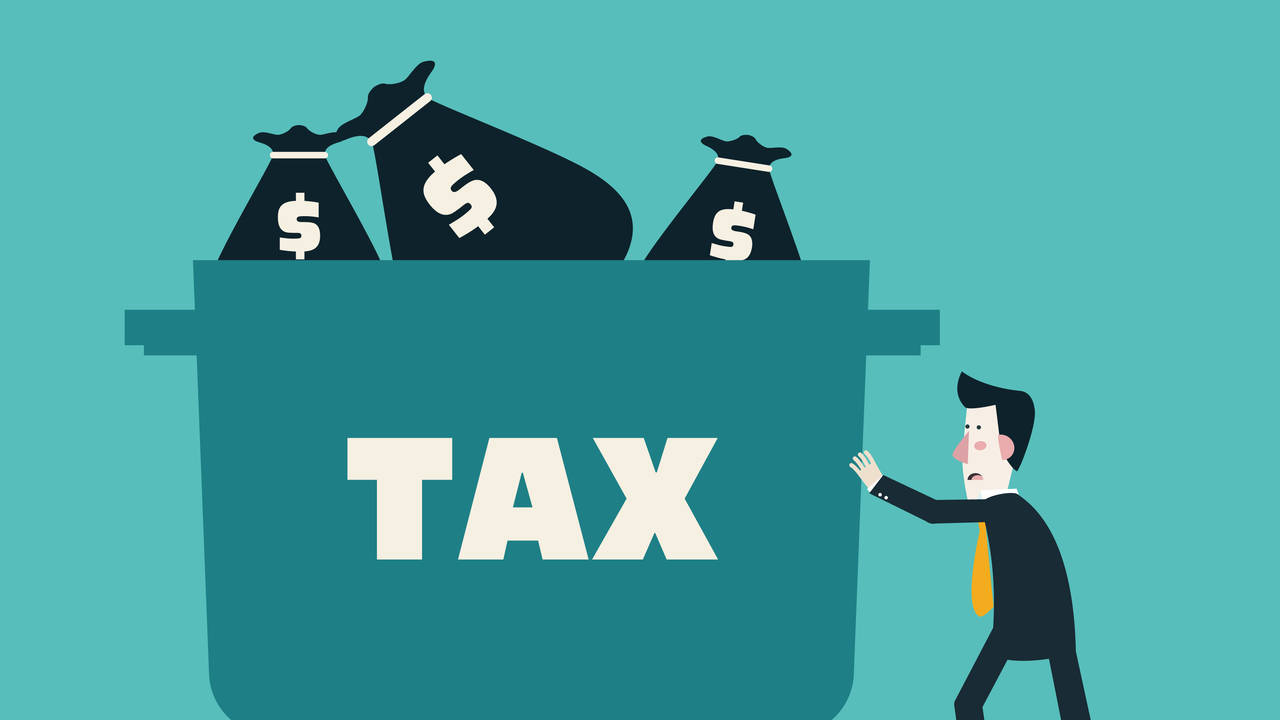Are you running a business or do you have a hobby? In most cases, it is very straight forward. We have put our hearts and souls into our businesses, the business provides the main source of survival for ourselves and our families, and while we may enjoy what we do, if income was not a priority, we might spend less or no time with the activity.
In other cases, it’s not as clear cut. Let’s say I’ve grown up around horses and love horses. Let’s also say that I am very highly paid in my day job and have disposable cash available for both investments and activities that I enjoy. If I were to buy a race horse and race it, would it be considered a business or hobby? The answer is that it depends.Whether an activity is a business or a hobby is a factual determination, and taxpayers bear the burden of proving that they are engaged in a business, with an objective of earning a profit.
Why Is It Important?
Hobby Losses are a major focus with the IRS. About 1.5 million taxpayers, many with significant income from other sources, have filed Schedule C’s with losses over consecutive years. Why is this important? Hobby expenses are limited to hobby income (hobby losses don’t reduce other taxable income) while business losses can be used to reduce other taxable income.
IRS Safe Harbors
The IRS Presumes that
- A business is a hobby if the business does not generate income in 3 out of 5 years.
- Horse breeding is 2 out of 7 years.
While this is important, it is not the final determining factor of business vs. hobby.
The 9 Factors
The IRS use nine factors to determine whether the activity is a business or a hobby. Below are the nine factors:
- The manner in which the taxpayer carries on the activity.
- The expertise of the taxpayer or the advisors.
- The time and effort expended by the taxpayer in carrying on the activity.
- Expectation that assets used in activity may appreciate in value.
- The success of the taxpayer in carrying on other similar or dissimilar activities.
- The taxpayer’s history of income or losses with respect to the activity.
- The amount of occasional profits, if any, which are earned.
- The financial status of the taxpayer.
- Elements of personal pleasure or recreation.
To be a business, you don't have to "win" all the factors or even a majority of factors. However, the factors overall should support that the activity is a business. It is important to understand this potential risk when starting the activity. Operate it as a business by forming it properly, keeping good records, and managing it to make a profit, which will allow you to be able to support the activity as a business if there are losses.
If you need help with your taxes or with an IRS Audit or Collection issue, I’d be happy to talk with you. Please give me a call at (972) 821-1991 or email me at bob@jablonskyandassociates.
Watch our Video on YouTube to Learn More


Comments(2)